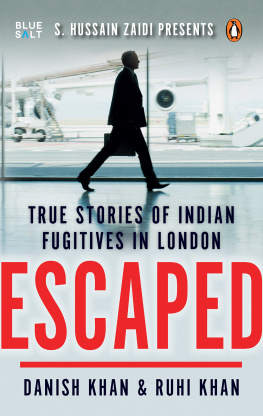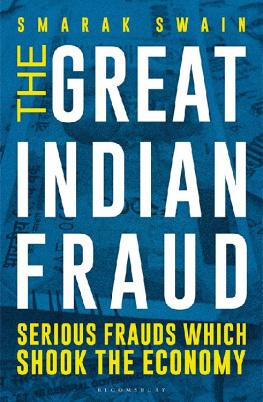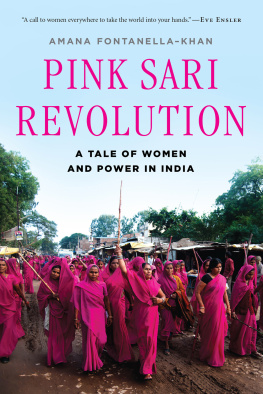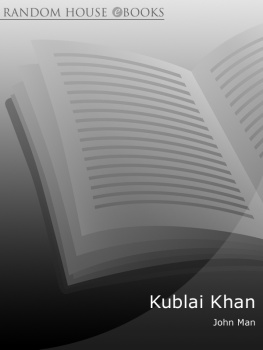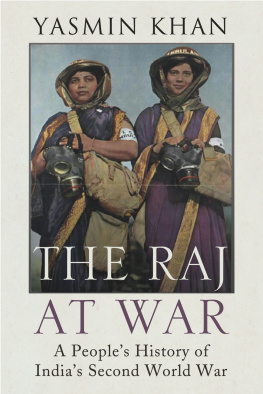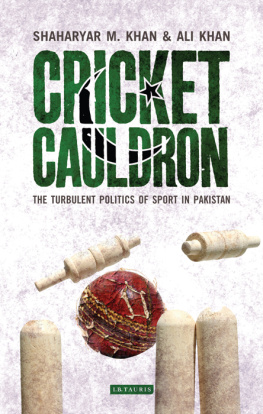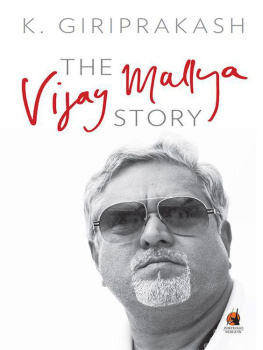Introduction
M umbai, 25 May 2019. The flight was packed. It was a Saturday after all. The seatbelt signs were on. The stewardess, in her iconic beige suit, cream scarf cascading from her bright red hat with a matching berry red smile, was requesting everyone to put their phones and laptops on flight mode.
Last selfies were clicked. Quick goodbye texts were typed. Important emails were sent. Facebook and Instagram were updated. Seat belts were secured. Prayers were whispered.
The MumbaiDubai flight would take less than three hours. Many would then take another flight to complete their journey to their destinations with a layover at Dubai airport, often a delight for both shoppers and those simply looking to stretch their legs. On that Saturday, while seasoned fliers were making themselves comfortable, new ones nervously held on to their seats with much anticipation. Everyone was looking forward to a good start to their journey.
The pilot had begun taxiing the aircraft. EK 507 was now on the runway. An instruction video was being played. Passengers were bracing themselves for the take off. Quick prayers were muttered and little hands were held tight in strong palms. Yet the plane, instead of picking up speed, slowly turned and headed back. The perplexed passengers looked out of the window, murmuring their disbelief when the doors abruptly opened. Men walked in and politely escorted an elderly couple from the first class. After this brief interruption, with barely an explanation given for the delay, the crew resumed its routine tasks and the plane took offall on board but two.
The couple who deboarded was no stranger to travelling. The two were bound for a country they visited often and from where they had returned just a few weeks ago. Yet, the Indian immigration officials had panicked when they were informed that the owner of the troubled debt-ridden airlines Jet Airways, Naresh Goyal and his wife Anita, had checked-in on a London-bound Emirates flight even as news of Jet Airways financial woes was making headlines. They quickly sprang into action to ensure that the Goyals never left Indian shores.
Goyals is a rags-to-riches story of a Patiala boy setting out to paint his name in the international skies. Jet Airways was born on 5 May 1993 and over the years grew to own 120 aircraft flying to destinations across the globe. But the man who was considered the king of Indias open skies was now unequivocally being blamed for the downfall of Indias premier airline as it had accumulated Rs 8000 crore in debt to a consortium of Indian banks led by the State Bank of India (SBI). It had its fleet of aeroplanes grounded and payments to pilots and suppliers were left pending.
While Naresh Goyal had resigned from the companys board in March and left for the UK only to return a few days later, a lookout notice had been issued against him to prevent him from leaving the country again, which the Goyals only discovered when they were deplaned. They challenged this in the Delhi High Court arguing that as no criminal complaint had been registered against them, there should have been no lookout notice against them too. Naresh Goyal expressed his intent to travel to the UK and sought the courts permission to do so. Justice Suresh Kait not just refused to grant him any interim relief but also asked the couple to deposit Rs 18,000 crore as a guarantee if they wished to travel abroad, thus effectively trapping the Goyals in India until Jet Airways cleared all its debts. Now, two years later, the couple have still not managed to set foot outside India.
Not too distant memories of another business tycoon who boarded a flight to London with 300 bags, as claimed by Enforcement Directorate (ED) officials in a Mumbai court, when his airline went bust, were enough to make the authorities spring into pre-emptive action. The public had been outraged with the Bharatiya Janata Party-led government for letting Vijay Mallya escape with the taxpayers Rs 9000 crore in March 2016. The newly re-elected government of Narendra Modi did not want to take a chance with the Goyals escaping just two days after returning to power with a thumping majority. Jet Airways had shut operations as it was hard-pressed to find a buyer and was in unsurmountable debt after the talks with Etihad crashed. Jet had gone bust. In such a scenario, the Goyals travelling to London had rung alarm bells.
London was the panic button.
London was the escape route.
London was the long tedious court battle.
London was the new refuge.
London was freedom.
London was calling.
In the last few years, the idea that Britain is a haven for those who want to escape the Indian judicial system has firmly entrenched itself in the minds of most. However, its not a recent trend and as this book explores, many fugitives from India have looked at London as a refuge. Since the early 1990s, which saw fugitive gangster Iqbal Mirchi and musician Nadeem Saifi fight extradition, to the current Vijay Mallya and Nirav Modi extradition cases in the UK courts, Indias abysmal record in getting fugitives back from London has caused much consternation in the power corridors of New Delhi.
These high-profile cases which caught the imagination of the larger public helped dislodge the idea of Gulf states as the most favoured destination for those on the run. The UAE and Saudi Arabia have extradited the highest number of fugitives. In 2018, the government declared that India had made over 150 extradition requests with various foreign countries. Between 2002 and 2020, India put forth more than thirty extradition requests to the UK.
In contrast, India has managed to get just two people extradited from the UK since the signing of the extradition treaty between both the countries in 1993. Samirbhai Vinubhai Patel himself consented to his extradition, which means that his case did not come under the scrutiny of the UKs judicial system. Patel was alleged to be involved in the Godhra riots of 2002 and charged with murder, rioting and being a member of an unlawful assembly. He had escaped India when out on bail and moved to the UK. With his consent, he was extradited on 18 October 2016 to face trial in India.

